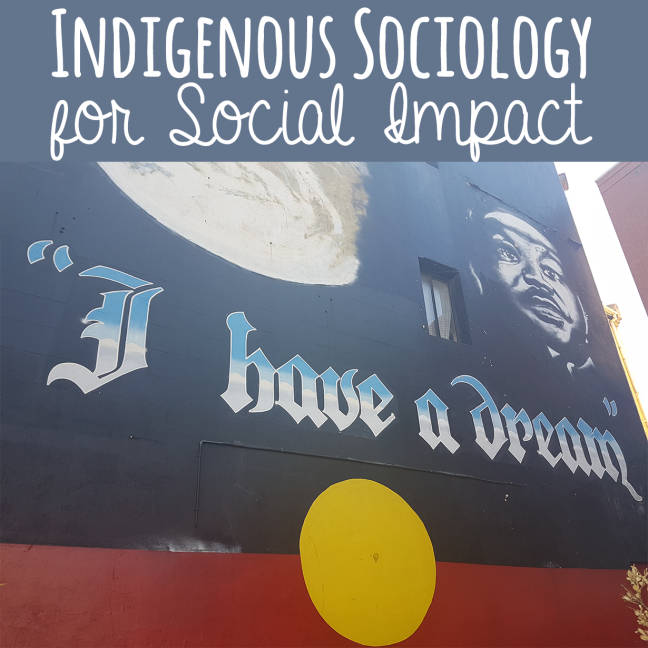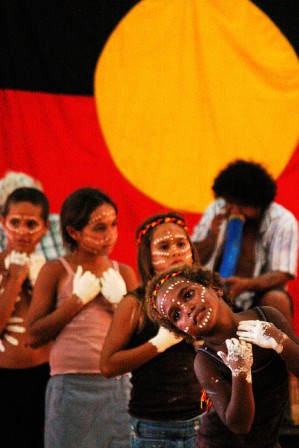The history of Aboriginal and Torres Strait Islander social justice activism to destabilise and overcome colonial practices in Australia began with the British invasion in 1788 and has continued to the present-day. These acts of social and political organisation have strong sociological resonance that should centrally inform sociological inquiry in Australia. Yet Indigenous knowledges are peripheral to the discipline of sociology. This post is the first in a series exploring ways to decolonise sociology, through the leadership of Associate Professor Kathleen Butler, sociologist and Aboriginal woman belonging to the Bundjalung and Worimi peoples of coastal New South Wales.
To redress the problematic racial dynamics of sociological theory and practice, Associate Professor Butler convened the first Indigenous Sociology for Social Impact Workshop at the University of Newcastle, Ourimbah campus, on Darkinjung land. Held on 27-28 October 2016, Professor Butler invited Indigenous and non-Indigenous sociologists from different parts of Australia to consider gaps and opportunities in addressing the ongoing impact of colonialism in our theories, methods and practice.
Today’s post places the workshop in historic context and summarises the discussion. I also include reflections by Associate Professor Butler about the outcomes from the workshop. I end with a set of questions that emerged from the workshop that we should now face as a discipline in order to centre Indigenous knowledges and methods in sociology.
https://twitter.com/OtherSociology/status/791441601570627585


